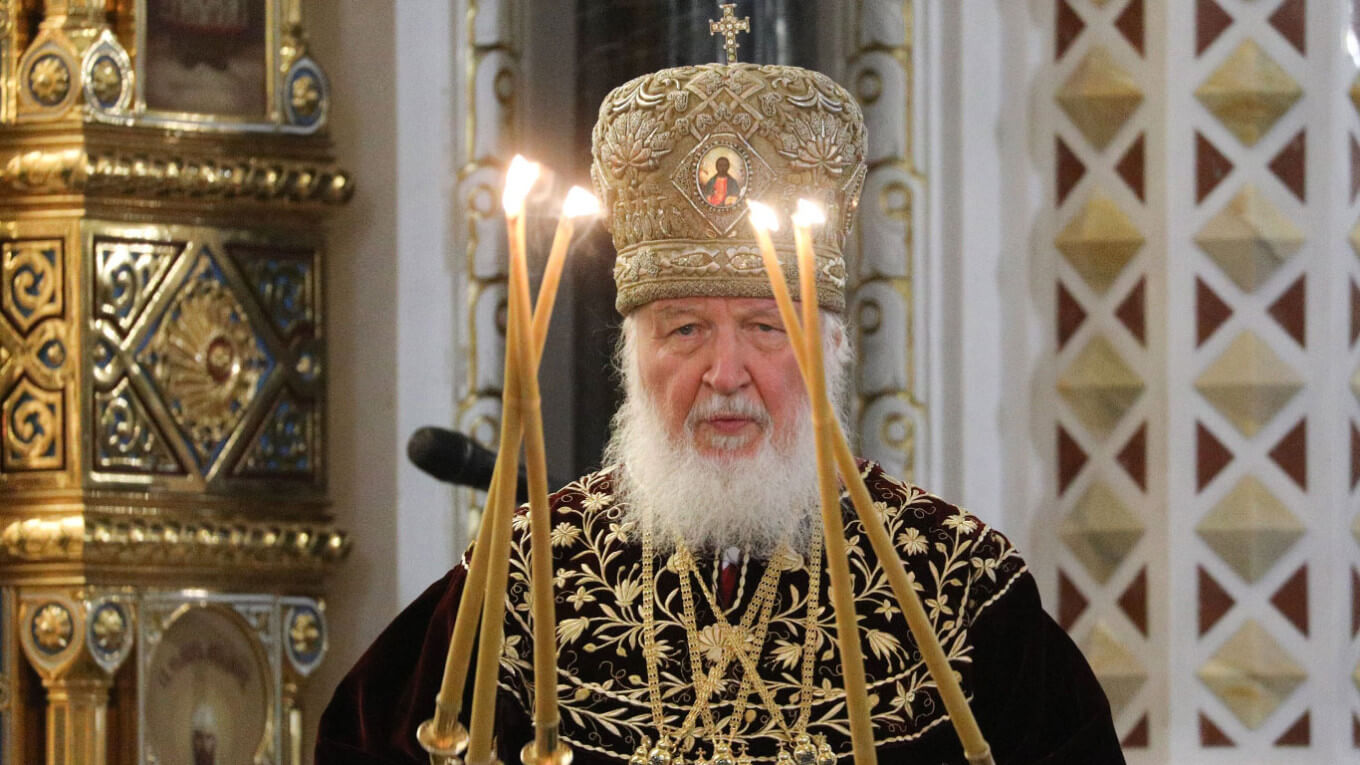Swiss newspapers reported on Monday that Russian Orthodox Church Patriarch Kirill, who is a close ally of President Vladimir Putin and a strong supporter of the Ukraine war, worked as a KGB spy in the 1970s while representing Russia in Switzerland’s World Council of Churches (WCC).
During the Cold War, the Soviet Union used religion as a way to promote the Kremlin’s views. Therefore, it was often mandatory for clergymen to become KGB agents before they were permitted to travel abroad.
Russian Orthodox Church head Patriarch #Kirill was a KGB spy in 1970’s and remained chained to #KGB officer putin forever. #Orbán was the one who blocked Patriarch Kirill from being sanctioned by #EU https://t.co/JqzLysh0be
— Petras Austrevicius (@petras_petras) February 6, 2023
Patriarch Kirill’s Declassified Records
According to Switzerland-based French newspaper Le Matin Dimanche and German newspaper Sonntagszeitung, Patriarch Kirill’s mission was to influence the WCC, which was already infiltrated by the KGB, into condemning the US, while being less critical of the Soviet Union’s religious freedom restrictions.
“We were told: beware of these priests because they are KGB agents,” an anonymous Russian living in exile in Geneva said, adding that he believed that Kirill “was looking for information.” “He was very friendly but asked a lot of questions about exile and clergy members,” he mentioned.
Under the code name “Mikhailov,” Kirill’s mission was to influence the council, already infiltrated by the KGB, the papers reported...#RussiaIsATerroristState
— Alex Raufoglu (@ralakbar) February 6, 2023
The declassified archives revealed that he used an alias “Mikhaylov,” and was on the list of Soviet officials, “who had measures taken against them,” without specifying details.
Kirill’s Nephew Refutes Allegations
Kirill’s nephew, Mikhail Gundyaev, the current representative of Russia at the WCC, told Le Matin Dimanche that his uncle “was not an agent, although he was subjected to ‘strict controls’ by the KGB.” However, he insisted that it “did not affect the sincerity of his engagement in ecumenical work with other churches.”
Gundyaev also spoke about Kirill’s special fondness for Switzerland, which he reportedly visited at least 43 times. In fact, while welcoming the President of the Swiss Council of States, Jean-René Fournier, in Moscow in 2019, Kirill told him of his “special feelings” towards the Alpine nation.
“Of all the countries in the world, it is perhaps the one I have visited most often,” he remarked at the time.
Kirill’s Support for Ukraine war
Following Putin’s announcement of partially mobilising 300,000 Russians in Ukraine in September, Patriarch Kirill stated during a sermon that “sacrifice in the course of carrying out your military duty washes away all sins.”
In the past, he has also “blessed” Russia’s military action against Ukraine, declaring that Russians were performing a “heroic deed” by killing Ukrainian troops.
Moreover, while 150 Russian Orthodox Church clergymen signed an open letter, calling for an end to the Russian invasion on 1 March 2022, Kirill did not.
31/ Some courageous ROC priests in Russia have publicly protested the war, but have been defrocked or even imprisoned. One of the ROC's most senior churchmen, Metropolitan Hilarion, was recently 'exiled' to Hungary as apparent punishment for his equivocal stance on the war. pic.twitter.com/9BNFSYfrKR
— ChrisO_wiki (@ChrisO_wiki) July 25, 2022
In this regard, Pope Francis had warned Kirill against becoming “Putin’s altar boy.”
Though the Orthodox Church of Ukraine officially separated from the Russian Orthodox Church in 2019, about 400 parishes, which were still loyal to Kirill, cut ties with the Russian Orthodox Church over his support for the war last February.

